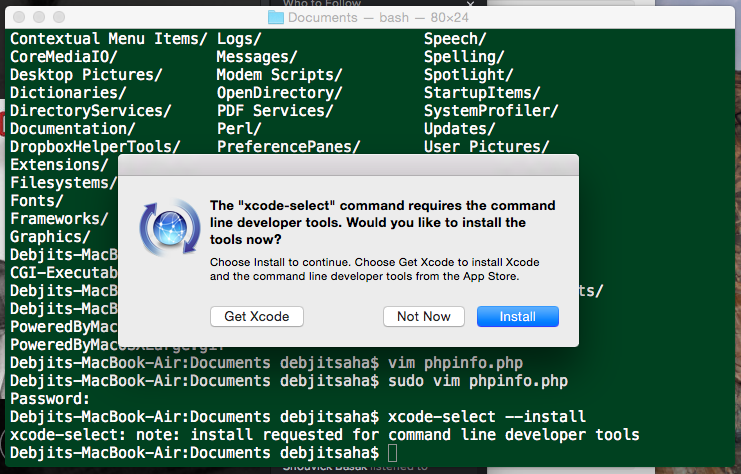

Jordan Hubbard, one of the main creators of MacPorts whilst heading Apple's UNIX team. This can be done by running the following: Īs an example, one common task is to update outdated ports. upgrade upgrades any installed ports and its dependencies to the latest version found in the local ports tree.In most cases, this should be used in preference to just running sync by itself, and it's recommended to run this each time before using MacPorts. selfupdate has the same functionality as sync but also updates the MacPorts system.It's similar in function to brew update or apt update. It doesn't upgrade any installed packages, but instead retrieves information about new and updated software. There are three main usage modes of port that assist in updating installed software: MacPorts supports universal binaries for PowerPC, Intel-based, and Apple silicon versions of macOS, but migrating from a PowerPC installation of MacPorts to a version on an Intel Mac requires reinstalling all installed ports. Installed packages can be updated with the command sudo port upgrade outdated.
#UNINSTALLING MACPORTS INSTALL#
MacPorts allows the installation of a number of packages by entering the command sudo port install packagename in the Terminal, which will then download, compile if necessary, and install the requested software, while also installing any required dependencies automatically. It's similar in function to Fink and the BSD ports collections. It is an open-source software project that aims to simplify the installation of other open source software. MacPorts, formerly called DarwinPorts, is a package management system that simplifies the installation of software on the macOS and Darwin operating systems.


 0 kommentar(er)
0 kommentar(er)
